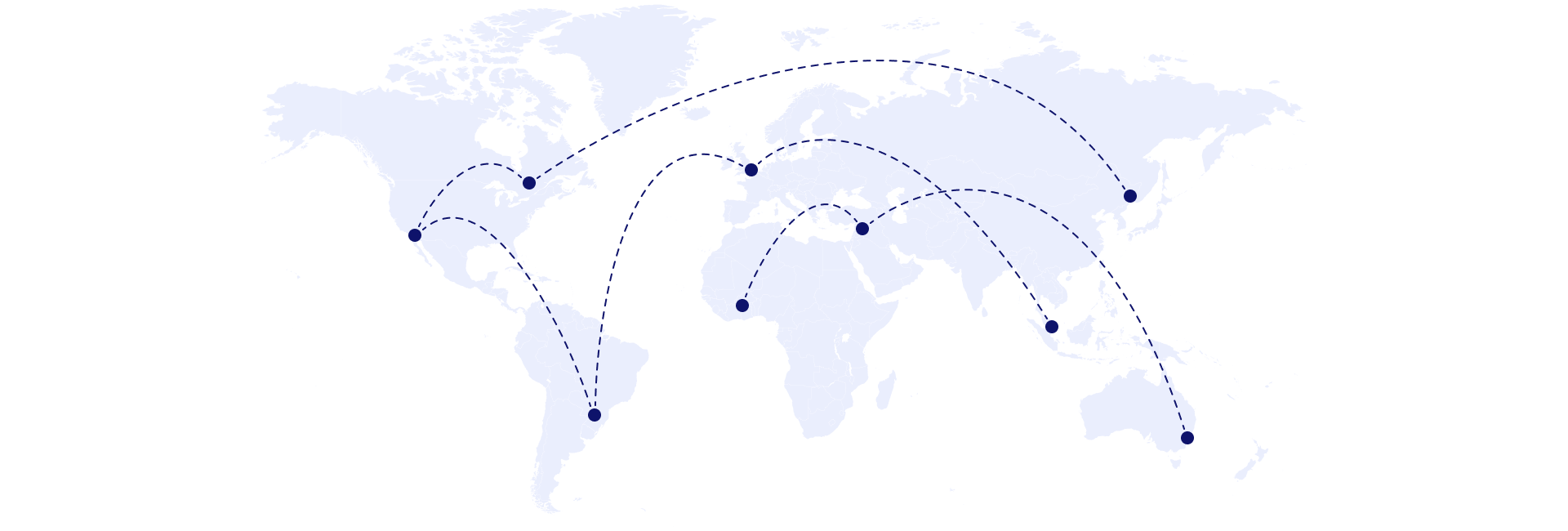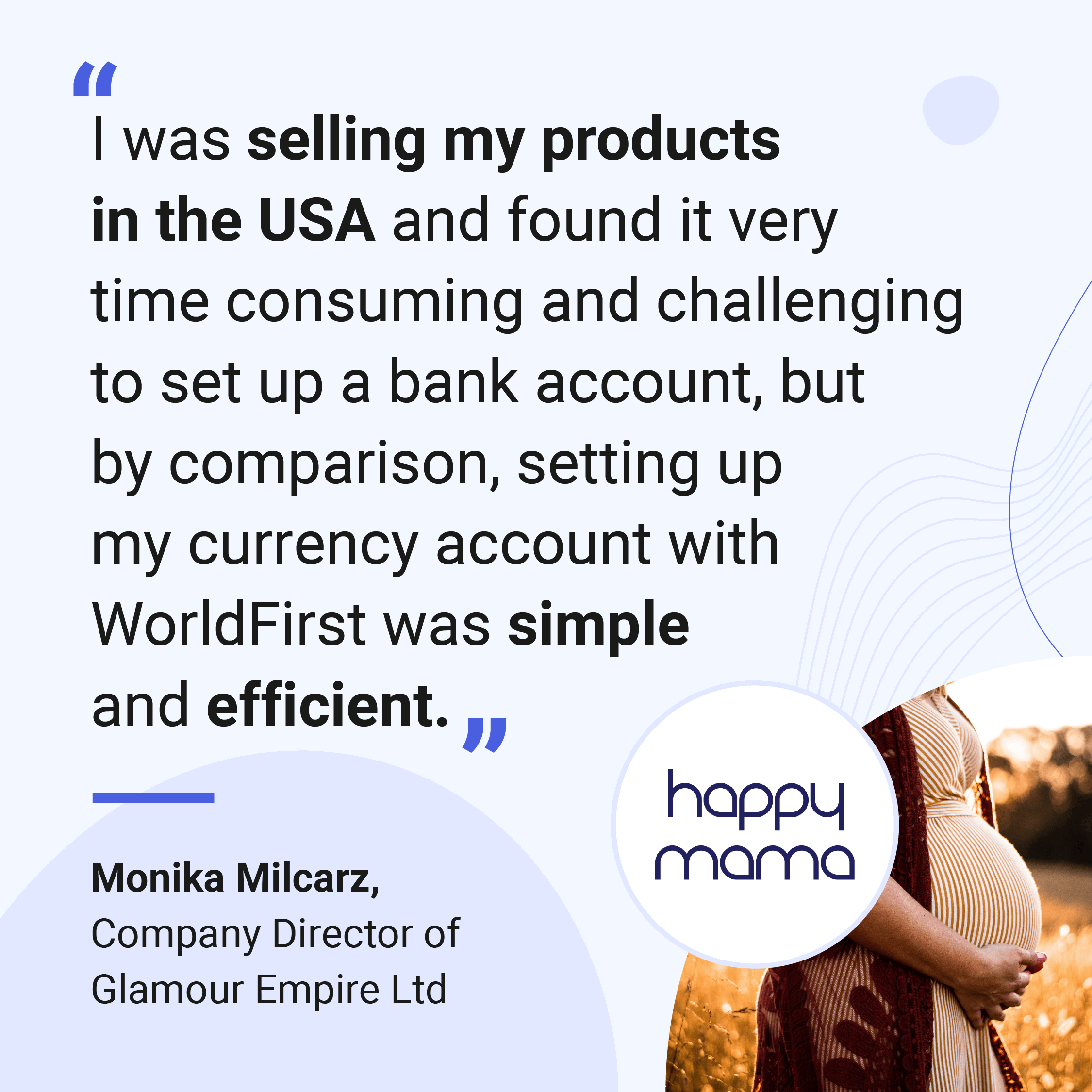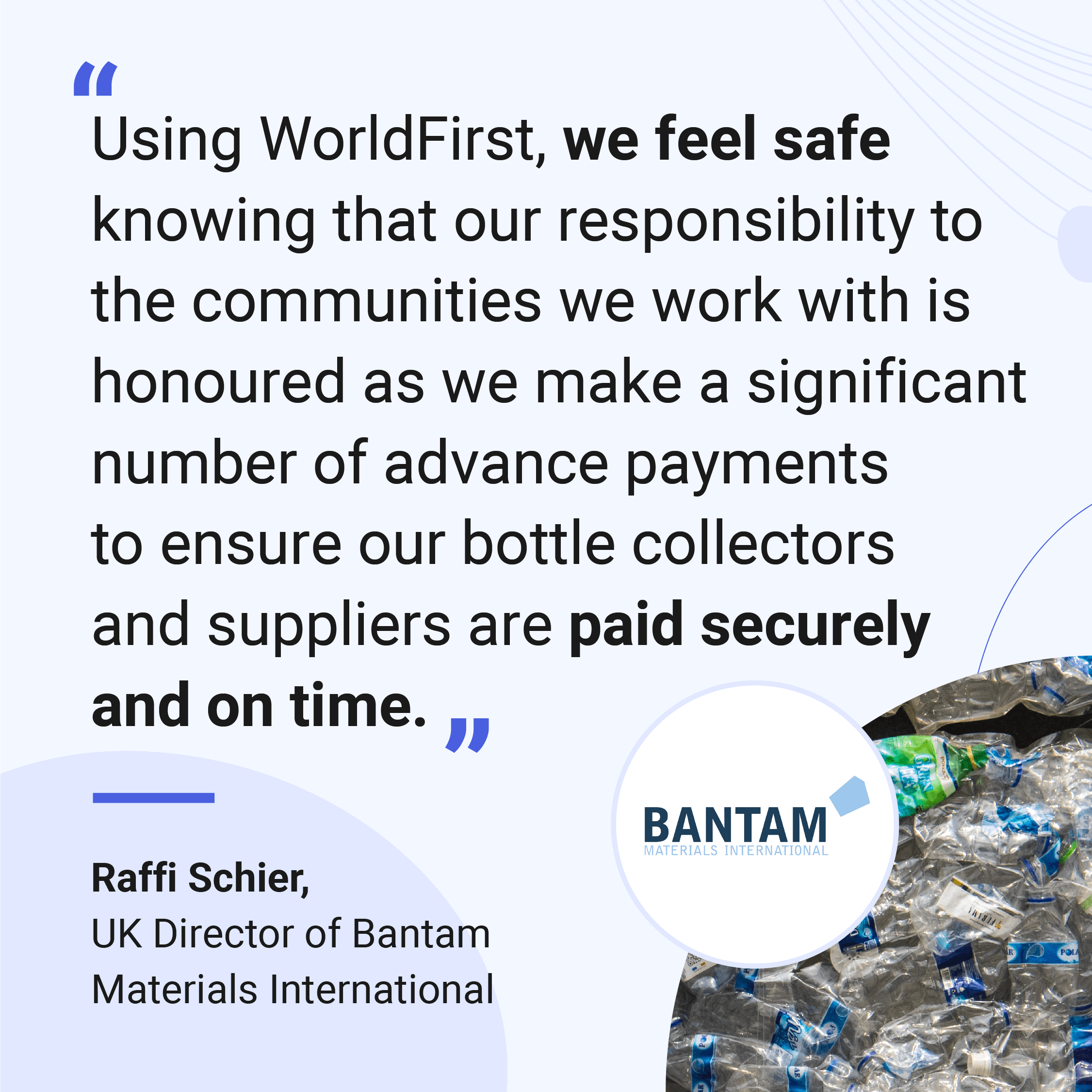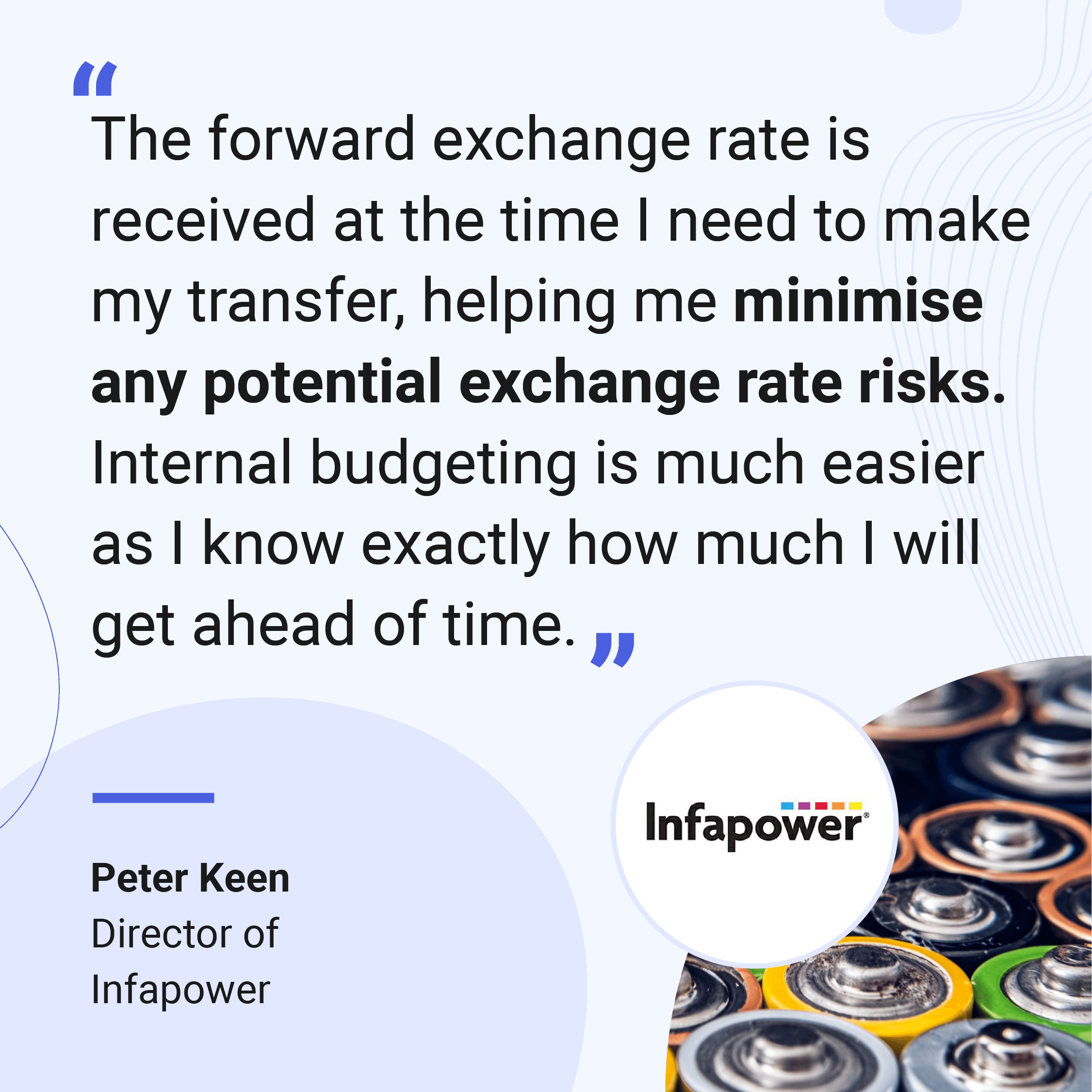
When British companies develop successful export strategies, they enrich themselves and help to strengthen the British economy as a whole. In 2020, 15% of respondents to the DIT National Survey of UK Registered Businesses said that they’d never exported, but that their products were suitable for export. In context, that percentage translates to roughly 77,800 potential export businesses in the UK.
So, what’s the holdup? Why don’t companies simply begin exporting goods overseas? Simply put, barriers to export – financial challenges or a lack of knowledge about exporting, for instance – prevent progress across the board.
That’s where the GREAT Britain Campaign comes in. Designed to work in tandem with the UK’s export strategy, the GREAT Britain Campaign operates in 145 countries and works with more than 850 British partners annually. Essentially, GREAT is a marketing campaign designed to give British SMEs an edge in the global marketplace.
We’ll explore GREAT in this article, and we’ll follow with four ways that you can benefit from the UK Government’s renewed focus on international trade and exporting in 2022.
UK export businesses on the road to recovery
UK exports declined 17.1% in 2020, overwhelmingly as a result of the COVID-19 pandemic. In 2021, international trade began to recover: in June, for instance, exports to the EU – including precious metals – rose beyond pre-Brexit levels to £14.3 billion. Generally speaking, economists agree that UK global exports will continue to rebound as we head into 2022.
If you put your international expansion plans on hold in early 2020, now might be the time to dust them off. Export businesses are more complex than domestic businesses, but successful ventures generate sizable rewards for owners, workers and the wider UK economy.
What is the GREAT Britain Campaign?
The GREAT Britain Campaign originally launched in 2011, and its intent was to showcase the "best of Britain" on an international level, encouraging tourism and new trade relationships. A collaboration between the UK Government and national tourism body VisitBritain, the campaign initially received £25 million in funding.
In June 2021, the UK Government launched a refreshed version of GREAT in advance of the G7 Summit and COP 26. Since its foundation, GREAT has brought more than £4.5 billion into the UK via foreign exports and inbound investment. Designed to complement the UK’s post-Brexit global trade negotiations, the new campaign has a £60 million annual budget.
GREAT is a multi-segmented effort – and one of its biggest components is the Department for International Trade’s export campaign. Originally entitled "Exporting is GREAT", this part of the GREAT campaign offers encouragement and practical advice to UK businesses looking to export products overseas. We’ll circle back to DIT initiatives below.
Barriers to export for UK SMEs
In 2018, the UK Government defined an ambition: to grow exports from 30% to 35% as a share of GDP. To that end, it released a booklet entitled Export Strategy, in which it outlined the ways it would help small businesses grow from domestic companies into global organisations.
Challenges — barriers to export — sit at the beginning of the document. These include:
- A lack of awareness: research indicates that many UK business owners simply don’t see exporting as an option. They assume that their companies are too small to export goods, or that the barriers to entry will be too high, so they don’t seek information about the exporting process.
- A lack of understanding: entrepreneurs don’t know how to export products, and they don’t know where to find information about the exporting process, about trade deals or about global payments.
- A lack of connection: many SMEs in the UK don’t have existing business connections overseas, and don’t know how to make them. Many entrepreneurs believe that they won’t be able to overcome foreign market access issues and trade barriers.
- A lack of funding: SMEs with an interest in exporting often don’t have funding options to achieve international expansion goals. Business owners aren’t aware of government-funded loans and grants for exporters.
Strategic help for UK export businesses
The UK Government’s 2018 export strategy document outlined four distinct measures to help small businesses export products: Encourage, Inform, Connect and Finance. These measures remain in place today, and they’re designed to help new exporters as well as seasoned international traders.
1. Encourage
The UK government has invested heavily in its digital platform (great.gov.uk) to encourage UK SMEs to explore export opportunities. It has also developed a targeted messaging campaign aimed at small businesses, once again to encourage them to consider trading internationally. In a nutshell, the Encourage initiative aims to strengthen the influence of existing exporters — especially small businesses.
Part of the government’s strategy is to make exporting "business as usual" for UK SMEs by removing misconceptions about exporting. One element of the Encourage scheme is peer-to-peer learning via the UK Export Champions Community — a group of successful exporters who give advice to company owners considering overseas trade.
Potential exporters located in the Midlands, or the North, Southwest and East of England can enrol in the DIT’s Export Academy. Led by private sector peers and public sector experts, the Export Academy course covers a wide range of international trade-related topics, and business owners leave with a comprehensive export action plan in their back pockets.
Finally, the Encourage scheme publicly celebrates export excellence. Every year, the Board of Trade Awards recognises innovation, and champions businesses that bring prosperity to their local communities.
2. Inform
As the name suggests, the government’s Inform program is all about sharing export-related information. Entrepreneurs who don’t know how to write an export business plan or access export finance can find guidance on the GREAT website. Entrepreneurs seeking advice about specific foreign markets can contact HM trade commissioners in various parts of the world.
Entrepreneurs who want an in-depth primer on trade can sign up for the Board of Trade National Trade Academy Programme. Course modules include global expansion, trade agreements, exporting best practices, supply chain management and intellectual property issues. Trade Academy Program initiatives also incorporate the annual International Trade Summer School.
Despite pandemic-induced economic changes, the GREAT website remains an excellent source of information for small business owners with big export dreams. You’ll find illuminating articles about post-Brexit trade agreements on the site, step-by-step guides to exporting and ideas about where to export your products.
3. Connect
Lack of connection is a major export roadblock, and the UK Government’s Connect initiative aims to address that challenge. On a practical level, the initiative translates to high-level trade envoys meeting with counterparts in other countries to facilitate connections. Elsewhere, export businesses that are designated ‘strategically important’ receive commercial relationship support services funded by the government.
The Connect initiative is especially vital for companies looking to export into emerging markets, where connections are typically hard to make. Language barriers and time differences also make business, customer and supplier connections harder to achieve. Government-backed networking and collaboration strategies include international meet-and-greet events, and trade missions.
Direct support is available, too. If you plan to export your product to an emerging marketplace like China, Brazil or South Africa, for instance, you can enroll in the FCO Prosperity Fund Global Trade Programme.
Many parts of the Connect program happen behind closed doors. Government representatives, for example, negotiate and renegotiate favourable free trade agreements, bilateral investment treaties and economic partnership agreements that directly and indirectly benefit SMEs in the UK.
4. Finance
Many potential exporters can access funding via the government’s credit and insurance department, known as UK Export Finance — or UKEF for short. Unfortunately, a large proportion of small business owners don’t know that they’re eligible for financing via UKEF. The UK Government’s Finance initiative raises awareness of funding options for entrepreneurs and company owners looking to export products.
UKEF support is flexible, and it includes insurance for UK exporters and overseas investors, bank-focused guarantees and the government’s Direct Lending Facility. Loans provided by the Direct Lending Facility have an overall limit of £8 billion for overseas buyers; exporters are paid as though they have cash contracts, and buyers can pay loans off over a number of years.
If you want to export goods, or if you plan to supply an exporter, you can get tailored advice from regional export finance managers and access Export Working Capital and Bond Support Schemes. UKEF schemes complement, rather than replace, private sector lending, so you can work with UKEF and with a private lender at the same time.
How to create an export plan
Feeling inspired by the GREAT campaign and newly informed by the four initiatives outlined above? Export strategy is somewhat different from domestic strategy — particularly from a logistics perspective. You can use this ten-step approach to write a robust export plan:
- Describe your business: include your business name, your address and a succinct definition of what your business does.
- Define your objectives: think about why you want to export. Do you want to grow your business, broaden your customer base or take advantage of new trends in foreign markets?
- Research export markets: perform research to pinpoint ideal markets for your product. Analyse competitors and define your company’s unique selling proposition (USP).
- Visit your target country: Travel to your target country to evaluate its infrastructure, its cultural traditions, and local rules and regulations governing imports and tax.
- Minimise risk: consider any potential economic or political risks you could face when exporting, and how you might minimise those risks.
- Choose or adapt your product: create country-specific packaging for your product, and ensure your product meets regional safety regulations.
- Create a marketing plan: will you sell products directly to consumers, license your products, or trade via a wholesale marketplace?
- Set product prices: add up manufacturing costs, packaging costs, shipping costs and other overheads to determine a final wholesale and retail price for your product.
- Write a financial plan: calculate the total annual cost of your export strategy to find out whether or not you’ll need to borrow money. Then, select a lender to help you fund your export business.
- Find a payment partner: coordinate with a payment partner like WorldFirst to ensure you can collect overseas payments for the products you export.
Partner with WorldFirst for currency transfers
Before the pandemic struck, the British government’s growth plan for global UK exports appeared to be working. In 2019, for instance, exports rose from 30% to 31.6% of GDP. The economic consequences of the pandemic make it hard to compare 2020 figures against 2019 figures, but it stands to reason that if UK businesses use the resources and the support services available to them, exports could continue to grow in 2022.
If you decide to expand internationally or begin exporting your products overseas, you’ll need a reliable currency transfer partner to help you send and collect international payments. WorldFirst is a leading business payments provider with 17 years foreign exchange experience and more than a decade of experience in payments to China.
What's more, with WorldFirst, you can open multiple currency accounts, and you can lock in exchange rates for up to 24 months with a forward contract.

You might also like
WorldFirst articles cover strategies to mitigate risk, the latest FX insights, steps towards global expansion and key industry trends. Choose a category, product or service below to find out more.
Businesses like yours trust WorldFirst
- Almost 1,000,000 businesses have sent $150B around the world with WorldFirst and its partner brands since 2004
- Your money is safeguarded with leading financial institutions

What our customers say about our services





